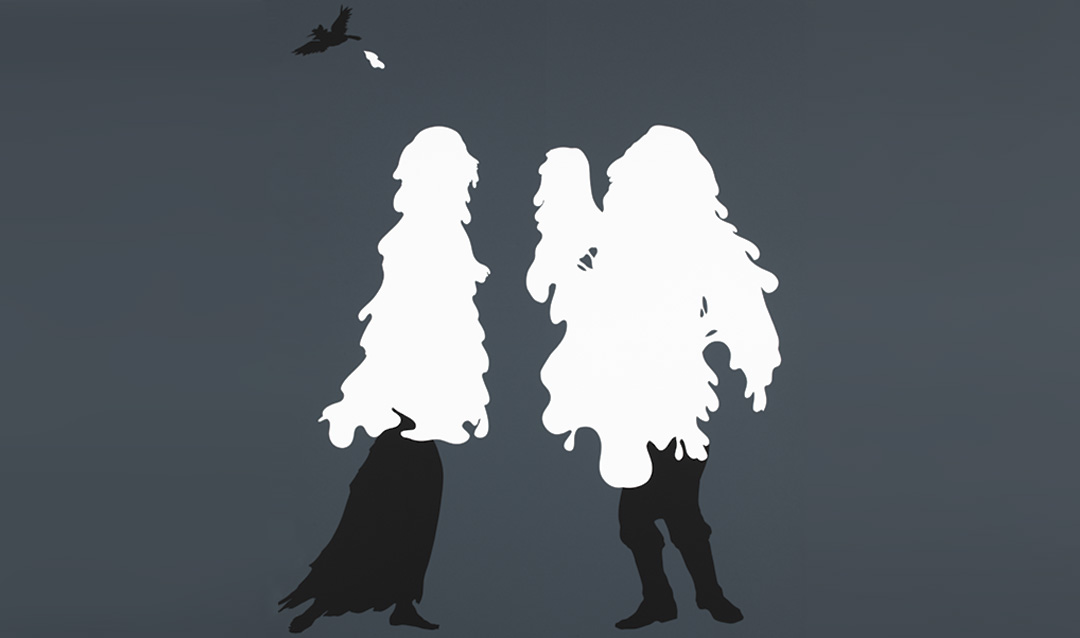“There is no big secret about sh*t: most people do not like it,” writes Mary Foltz, associate professor of English.
In her book, “Contemporary American Literature and Excremental Culture: American Sh*t,” Foltz, whose expertise is in American literature post-1945, explores representations of waste in five post-1960 American novels: Ishmael Reed’s “The Free-Lance Pallbearers” (1967), Jonathan Franzen’s “The Corrections” (2001), Gloria Naylor’s “Linden Hills” (1985), Don DeLillo’s “Underworld” (1997) and Samuel R. Delany’s “The Mad Man” (1994). Foltz examines how these postmodern authors engage with urgent issues such as institutional racism, environmental justice and militarism.
Read the full story here.






